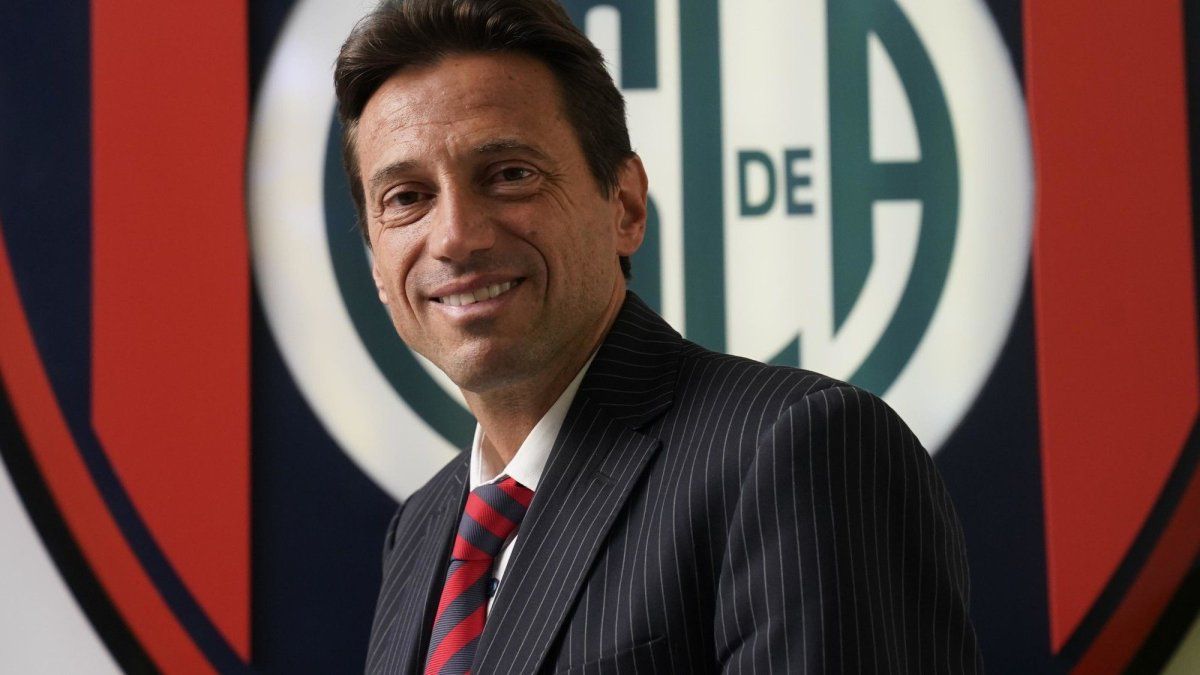Is the worst over? The corona numbers in the USA are falling. But many look to autumn with concern. In the south of the country, the delta variant showed what it can do in summer.
In the end, only prayer helps. At least that’s what a taxi driver in the US state of Mississippi thinks when she thinks about Corona. Sure, it makes sense to stick to the rules. But she still plays it safe, she says and laughs heartily.
When the delta variant hit the USA with full force in the summer, the southern states of the country such as Mississippi were hit hard. Now the number of corona cases is falling, especially in the south. But many fear that other regions of the country could be hit hard in autumn. Because more than 70 million people in the country who are eligible for vaccination are still not vaccinated.
The USA started the summer optimistically – for a while, vaccinated people no longer had to wear a mask in the supermarket. In the capital Washington, however, many continued to rely on the mask – not necessarily in other parts of the country. In June, before the delta variant prevailed, the number of new infections a day was at times only around 10,000 per day. But the euphoria was quickly over. That number soon climbed to well over 100,000. Today it is 95,000 – and the trend is falling. But experts are certain: as long as there is no significant progress in vaccination, the situation will continue to be serious.
So far, 53.4 percent of the approximately 330 million people in the United States are fully vaccinated. US President Joe Biden had recently placed an extensive vaccination requirement for employees. But the number seems to be increasing at a snail’s pace. In the south in particular, many people are opposed to vaccination. “I think Americans in general, but maybe the Mississippi people a little more, don’t like being told what to do,” says LouAnn Woodward. She is the director of the University Hospital in Jackson, the capital of Mississippi. Not even half of the state’s population is fully vaccinated. The state is at the bottom of the list when it comes to vaccination.
Anger at those who did not get vaccinated
Woodward has had bad weeks. At times, two field hospitals for Covid patients had to be built in the clinic in Jackson because the capacities were simply no longer sufficient. “I went to both hospitals almost every day and checked that everything was going well,” she says, visibly shaken. Before that, she could never have imagined caring for people in tents. “Sure, those were not tents like when camping.” But still: It all felt a bit like detached from reality. The experiences of the last few months have also traumatized the clinic staff. And to a certain extent there was also anger – at those who had not been vaccinated.
Experts believe the south may have weathered the worst. There is now an increase in the number of infections in the Midwest and the northwest of the USA, said Scott Gottlieb, the former head of the FDA, the CNN broadcaster. These regions are not immune to their own delta wave; the northeast could also be hit. Especially because the weather is slowly getting worse there, people are more indoors again and school has started. But Gottlieb also has good news: He assumes that around Thanksgiving, that is, the US holiday at the end of November, the delta wave could be over.
But will it hit other regions of the US as hard as the south? “It is in our power and in our sphere of influence to prevent this,” said the immunologist Anthony Fauci, who is one of the advisors to US President Joe Biden. The best options are vaccinating and wearing masks. In any case, the vaccination rate is significantly higher on the west coast and in the northern states of the US east coast than in the south.
In states like Mississippi, meanwhile, people are cautiously optimistic. The taxi driver in Jackson didn’t just end up relying on God after all. She got through the pandemic well – but get into the taxi without a mask? Some would try, she says. But not with her.
David William is a talented author who has made a name for himself in the world of writing. He is a professional author who writes on a wide range of topics, from general interest to opinion news. David is currently working as a writer at 24 hours worlds where he brings his unique perspective and in-depth research to his articles, making them both informative and engaging.




